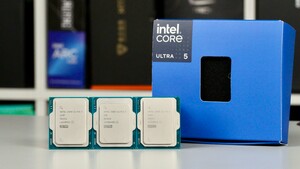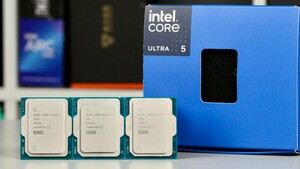KVA shadow thus optimizes highly privileged applications (specifically, those that have a primary token which is a member of the BUILTIN\Administrators group, which includes LocalSystem, and processes that execute as a fully-elevated administrator account) by running these applications only with the KVA shadow “kernel” address space, which is very similar to how applications execute on processors that are not susceptible to rogue data cache load. These applications avoid most of the overhead of KVA shadowing, as no address space switch occurs on user/kernel transitions. Because these applications are fully trusted by the operating system, and already have (or could obtain) the capability to load drivers that could naturally access kernel memory, KVA shadowing is not required for fully-privileged applications.
https://msrc.microsoft.com/blog/2018/03/kva-shadow-mitigating-meltdown-on-windows/




